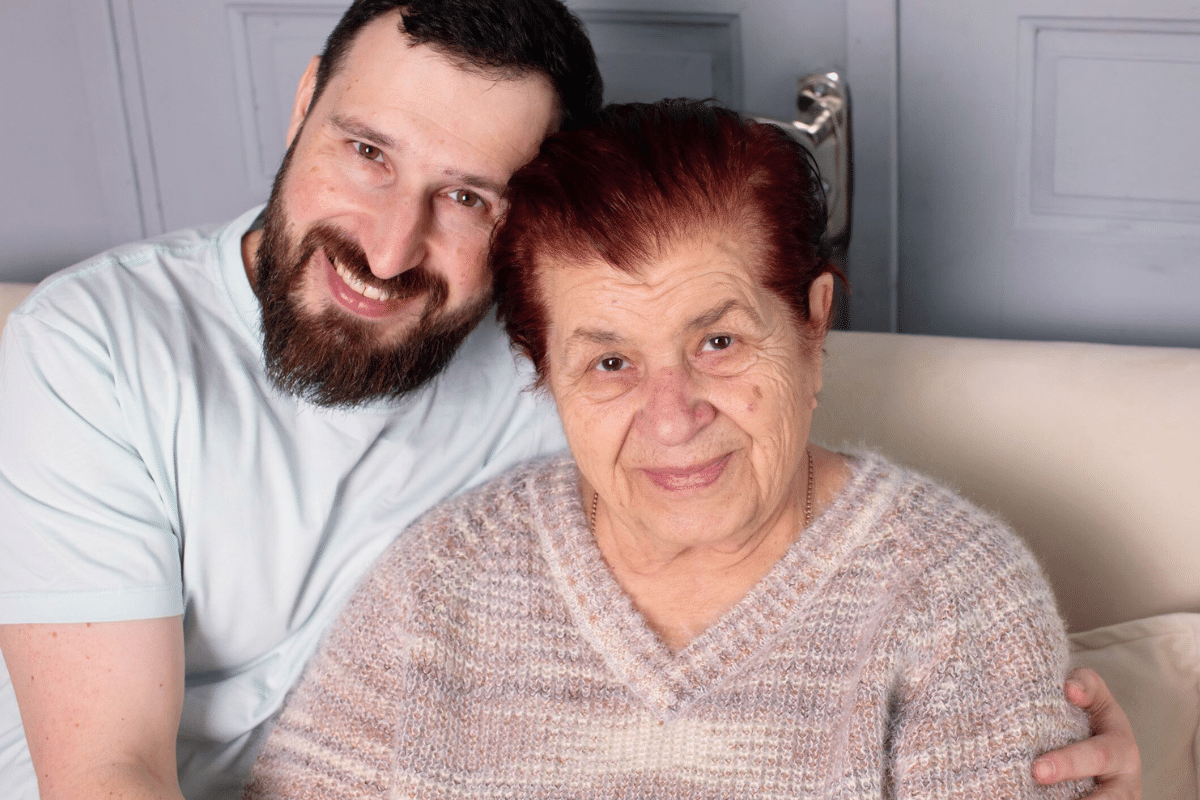The aging U.S. population means that more people will likely need nursing home care in…
If your application for Medicaid has been denied or delayed, you have the right to a fair hearing. Here’s what our New York Medicaid planning attorneys want you to know:
What is a Medicaid Fair Hearing?
A fair hearing is a proceeding before an administrative law judge (ALJ). If you feel that the decision made by the Department of Social Services (or Managed Long Term Care Agency) on your Medicaid application was incorrect, you have the right to request a fair hearing. The three most common reasons to request a hearing are:
- A decision to deny Medicaid benefits
- A decision to suspend, reduce, or stops existing Medicaid coverage for a service
- A failure to act on your request for Medicaid eligibility and benefits
You can also request a fair hearing if you are receiving care at home and need more hours.
How Do I Request a Fair Hearing?
To request a fair hearing, you need to act promptly. It MUST be requested within 60 days of the date of the Medicaid notice for which you are appealing. You’ll receive a Medicaid notice in the mail indicating the date, place, time, and reason for the hearing. If you miss the deadline, you’ll be barred from requesting a hearing, and the Medicaid notice will stand. Our Medicaid planning attorneys can help you gather information, ensure you meet the deadline, and represent you during the hearing.
What Documents are Needed at the Fair Hearing?
If the hearing involves medical issues, the ALJ may deem it necessary to have a new medical assessment conducted. This assessment will be obtained at the State’s expense and made part of the hearing record. You will also have the opportunity to examine and be given access to the following (upon request) before the hearing:
- The content of your case file
- All documents that Medicaid will use at the hearing
You may also:
- Bring witnesses
- Bring documents as evidence to submit at the hearing in support of your case
- Question or refute any testimony or evidence provided by Medicaid
How Long Does a Fair Hearing Last?
A fair hearing is like a trial but not as formal. You have to present all of the evidence you have to prove that the caseworker’s decision was wrong. You may also need to make legal arguments in support of your position on eligibility for benefits. Depending on the issues, it’s not uncommon for a hearing to last an hour or more. The decision isn’t made at the end of the hearing. It’s usually mailed within 2-4 weeks.
Who Makes the Final Decision for Your Medicaid Status?
The ALJ gathers all the evidence, takes any testimony, asks questions, and compiles a record of the hearing and recommendation. The case record is sent to Albany to the Office of Temporary and Disability Assistance, from which the written decision is rendered. If the fair hearing decision finds fault with the Medicaid determination, then the Agency will be required to follow the hearing decision. This may include overturning the decision as incorrect based on New York Medicaid rules and continuing to process a Medicaid application with information or documentation submitted at or before the hearing.
Can I Resolve a Negative Determination Without Attending or Requesting a Fair Hearing?
You may be able to request that Medicaid conduct a reconsideration of the denial or other adverse determination. Although there is no law for this process, if they are willing to reconsider, the request usually must be made within 30 days of the determination. This process usually involves submitting documents that may have been missing but were obtained after the Medicaid determination. If you’re not satisfied with the reconsideration results, you still have the right to a fair hearing (but it still MUST be requested within 60 days of the original Medicaid determination). Reach out to a New York Medicaid planning attorney for help right away.
It’s important to understand the New York Medicaid rules and fair hearing process should your application be denied or delayed. There are steps to take to rectify this situation and ensure you get the services you need. If you have any questions, please contact our Medicaid planning lawyers. We would be more than happy to discuss your situation and counsel you through this process.
You can prevent potential problems with long-term care services and benefits with effective New York Medicaid planning. It’s important to consult with and retain experienced estate planning and elder law lawyers to ensure Medicaid applications are accepted the first time.
The knowledgeable and compassionate team at Russo Law Group, P.C., provides professional services and advice regarding long-term care expenses, asset transfers, gifting, penalty periods, pooled trusts, and more. Take advantage of our comprehensive website as well as our free seminars and webinars to learn more about how Russo Law Group, P.C. provides peace of mind.
Please contact our law firm to speak with one of our experienced elder law and estate planning attorneys today at 1 (800) 680-1717.




Comments (0)